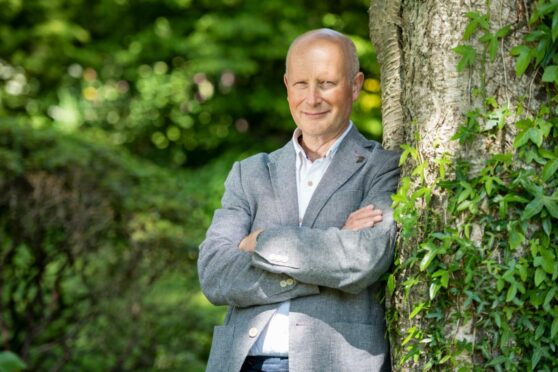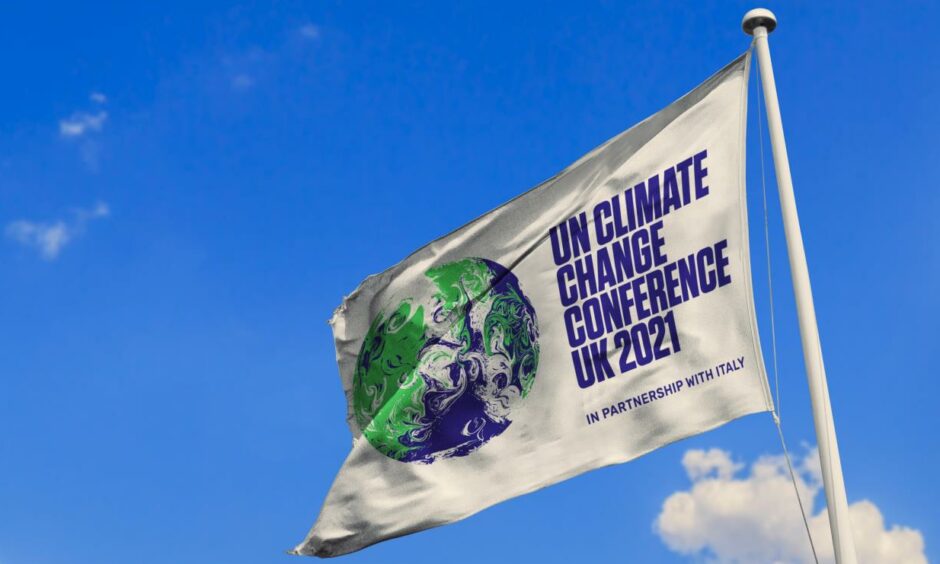A mock climate change conference will be held in schools across the north-east this month to get young people “excited and engaged” with the upcoming COP26 event in Glasgow.
Aberdeen University has invited up to 60 secondary school pupils from throughout Aberdeen and Aberdeenshire to take part in its online Mock COP project on October 28.
Mirroring the format of the real-life event, which will run from October 31 to November 12, the project will task the children with taking part in discussions, negotiations, and votes on important climate issues.
The children will be divided into small teams, and each one will represent a body, or “actor”, that will be at COP26, for example a country, a special interest group, or a corporation.
It is hoped that by getting involved in the pretend event, the pupils will gain insight into the complexities and importance of climate change negotiations before the real-life conference starts a few days later.
Taking children on an ‘important journey through climate change negotiations’
Professor David Burslem, from the university’s School of Biological Sciences, has been involved in organising the Mock COP initiative.
He said: “COP26 is a hugely significant event, particularly as it is taking place in Scotland, and we want to ensure that we maximise the opportunities for our students, staff and the wider community here in the north-east of Scotland.
“Getting young people excited by and engaged with COP26 is our main priority, which is why we are holding a Mock COP for local school pupils, helping them gain an insight as to what is happening in the negotiations and taking them on an important journey through climate change negotiations, the actors involved, and the problems faced.”
A message of hope for the future from the younger generation
Aberdeen University also plans to place a time capsule in its Cruickshank Botanic Gardens which will contain, along with other items, messages from primary school kids about their hopes for the environment.
It will be put in place on November 12, the final day of COP26, and reopened in 2040.
The university will also be carrying out a number of initiatives with its staff and students to encourage them to engage with COP26 such as an online “Hackathon” where students will share ideas to tackle climate change.
Online seminars hosted by experts in their fields exploring topics like renewable energy, transport, climate change and the push for net zero will also be held.
Karl Leydecker, vice-principal at the university, said: “Academically, we are world leaders in climate science and energy transition, and it is important that the university is visible in discussions and activities around COP26 that seek to engage our students, staff, and the wider community.”

